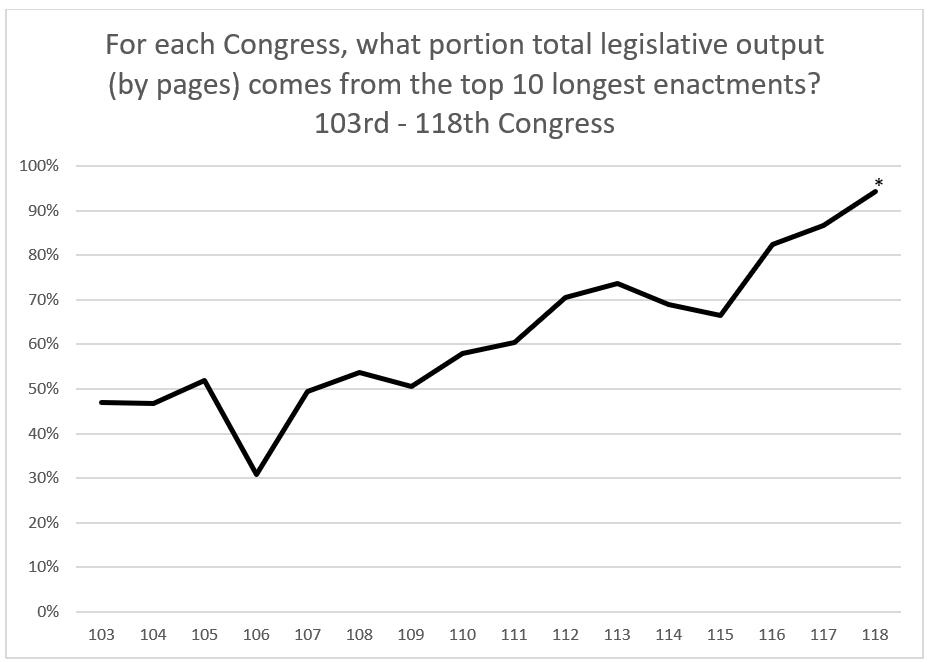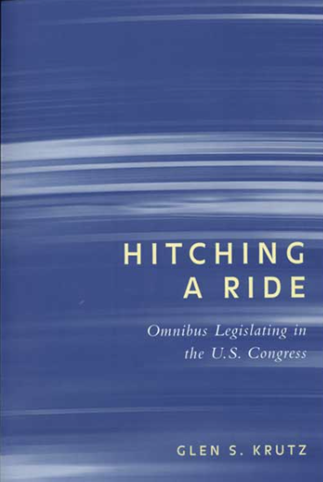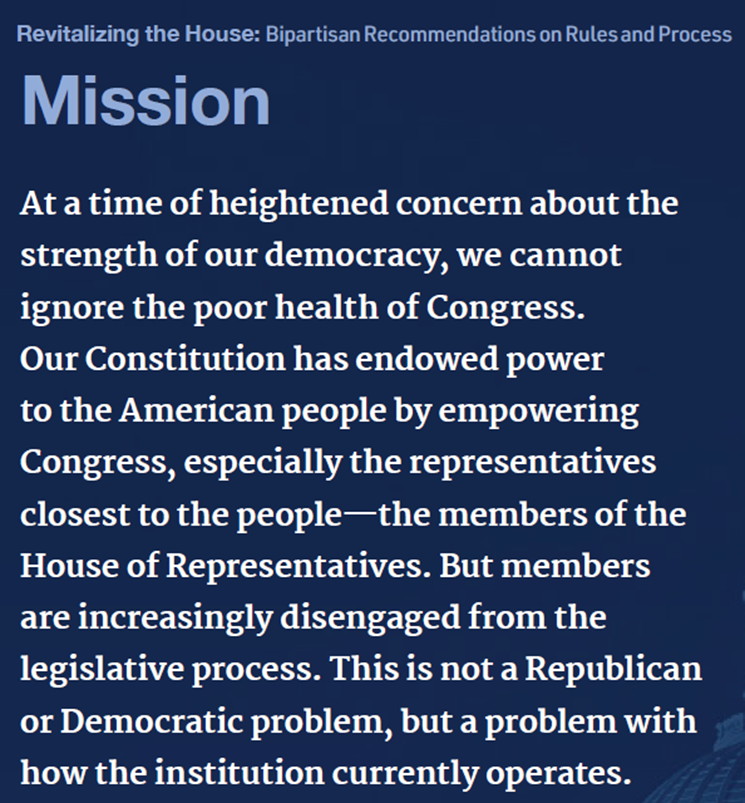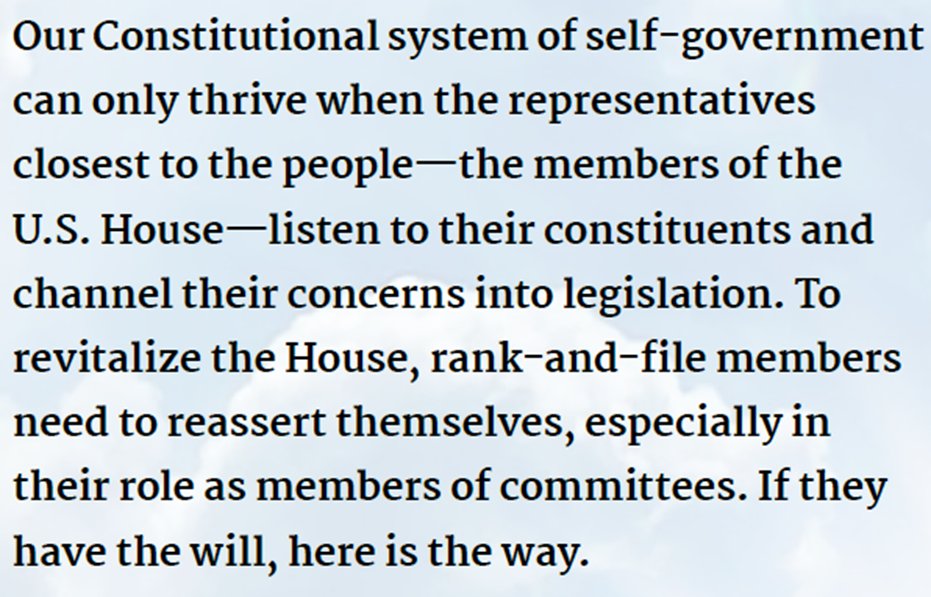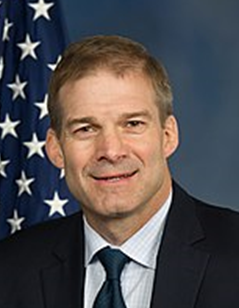1/ First impressions from the decision holding the IEEPA tariffs impermissible:
p 30: When Congress wants to delegate tariff powers to the executive, it is good at being clear about that. It has done it many times! It did not do it here.
p 30: When Congress wants to delegate tariff powers to the executive, it is good at being clear about that. It has done it many times! It did not do it here.
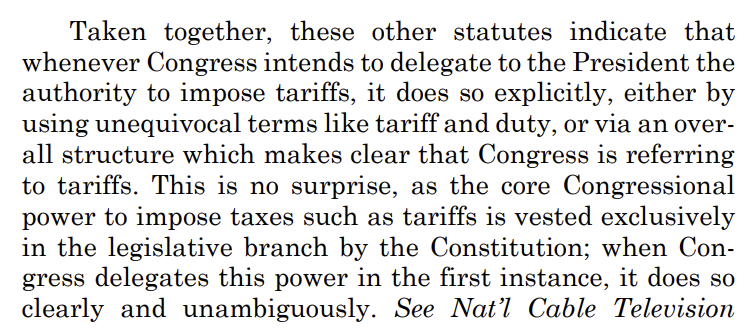
2/ p 31: "Regulate" and "tax" are legally distinct, with entirely different lineages, and there's no sense pretending they are one and the same. 
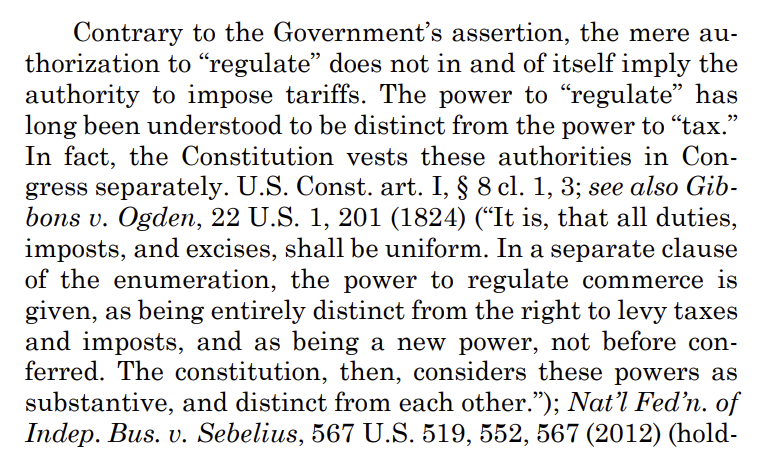
3/ p 33-34: This falls squarely within the major questions doctrine, which requires that big executive branch changes have clear statutory grounding, rather than being pegged on some ambiguity. 
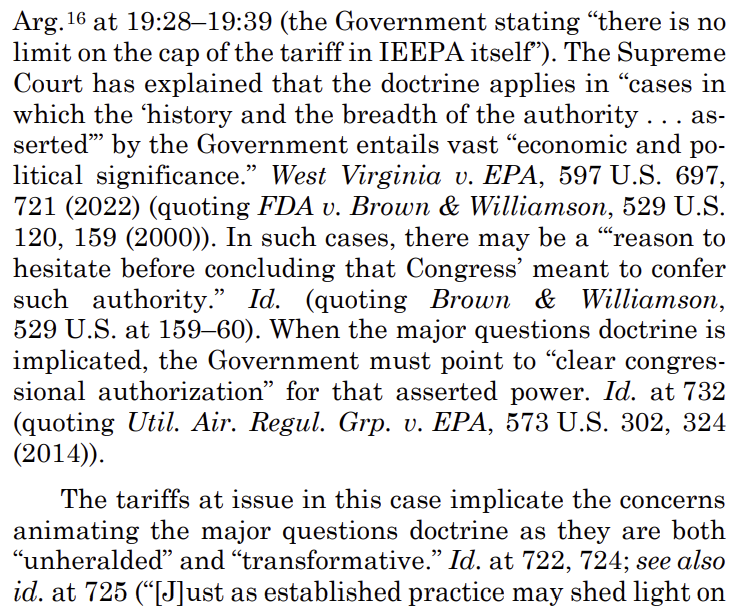
4/ p 35: The fact that this use of IEEPA is so novel, after the statute has been around for many decades, is a strong indication that it isn't how the statute was meant to be used. 
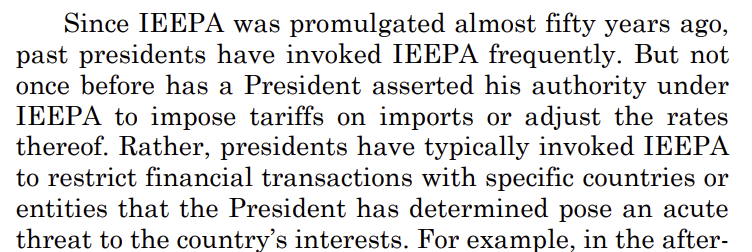
5/ p 37: Altogether, this is a clear case of trying to do big new things on the basis of vague old statutes... As per the Roberts Court's recent MQD decisions, including the COVID eviction moratorium and student loan cases, it fails. 
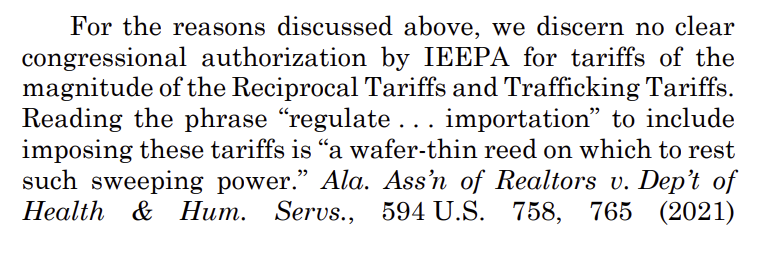
6/ p 38: The government doesn't escape the requirements of reasonable statutory interpretation just by shouting "national security" or "foreign affairs." 
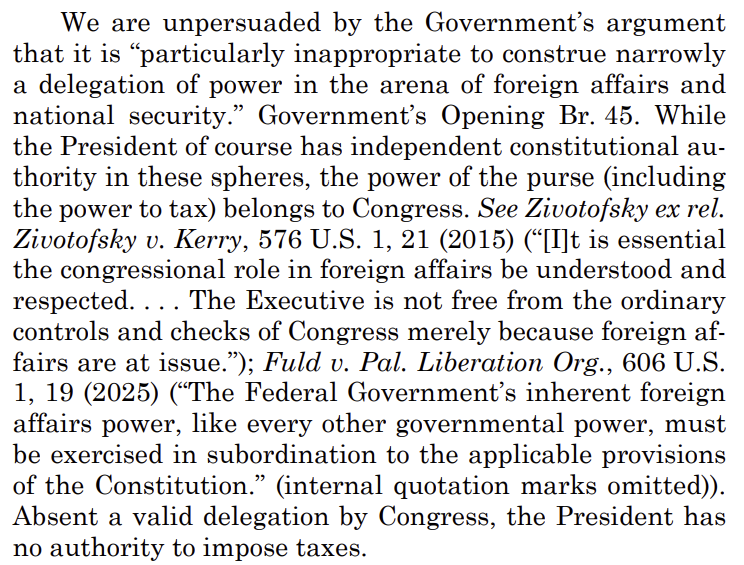
7/ p 48: Four concurring judges say that IEEPA can never authorize tariffs (whereas the main opinion simply says that the ones at issue, including the "Liberation Day" ones, are illegal). They say admin's construal would make this an unconstitutional delegation. 
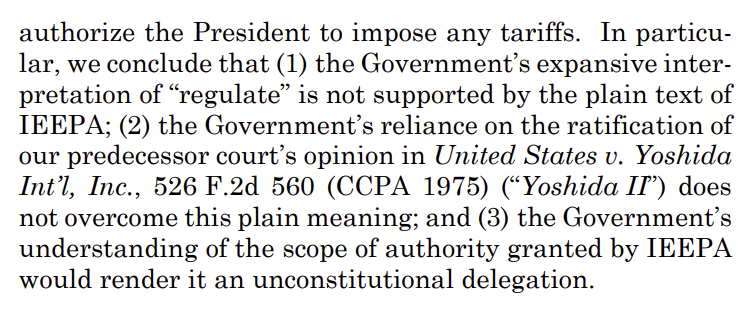
8/ p 51: The concurrence emphasizes that the admin's reading of "regulate" would give them a virtually open-ended power to do...just about anything. That can't be right--why would the statute bother listing other powers, then? 
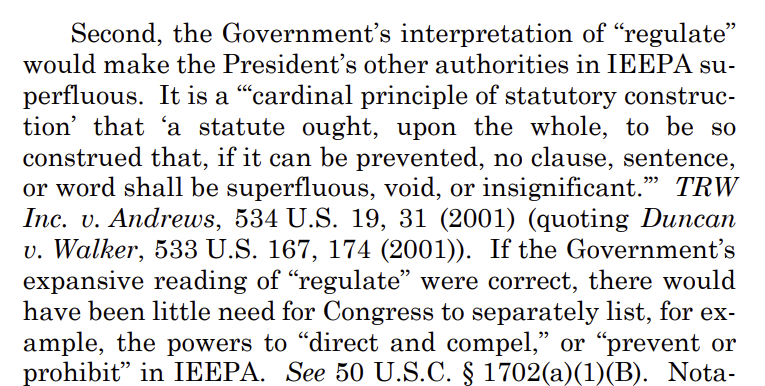
9/ p 53: Concurrence quotes Justice Scalia's famous pronouncement (so important to MQD) that Congress doesn't "hide elephants in mouseholes." Especially not tax elephants. 

10/ p 64: Four judges dissent; they think tariffs are among the tools that IEEPA makes available. They think Congress meant to make an "open-ended" grant of emergency power. 
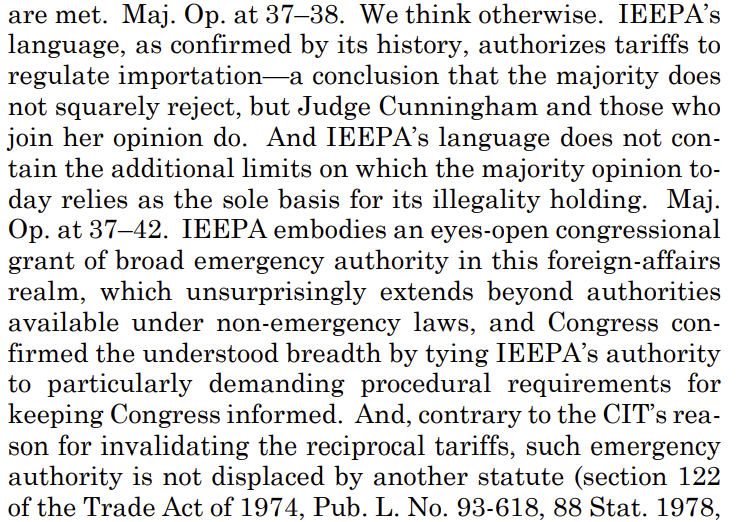
11/ p 71: The dissenters don't think the govt's IEEPA reading leads to unlimited power, because they think the procedural constraints (including the need to declare a national emergency) are effective. 

12/ p 85: The dissenters heavily stress the tariff opponents' failure to take up all of the particular claims contained in Trump's executive order, which they say did lay out numerous serious national security concerns that are novel, rather than persistent. 
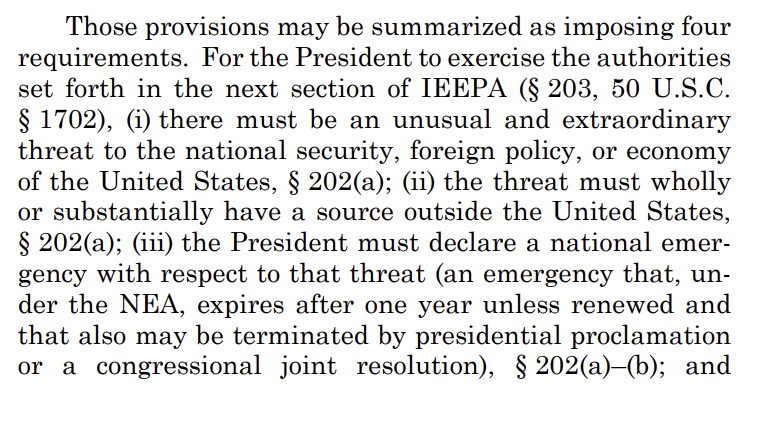
13/ So, to be clear, the majority DID NOT knock the tariffs out on the ground of a bogus emergency--they just said that IEEPA can't support these tariffs.
The dissenters go through the question of whether the emergency is legitimate, and conclude it is, and also that tariffs OK.
The dissenters go through the question of whether the emergency is legitimate, and conclude it is, and also that tariffs OK.
14/ Gotta go!
To conclude: this case will define how far the Major Questions Doctrine goes--and whether we can get back to centering policymaking on Congress.
For more, read my @NationalAffairs piece from the summer, "Bad Faith Interpretation."
nationalaffairs.com/publications/d…
To conclude: this case will define how far the Major Questions Doctrine goes--and whether we can get back to centering policymaking on Congress.
For more, read my @NationalAffairs piece from the summer, "Bad Faith Interpretation."
nationalaffairs.com/publications/d…
• • •
Missing some Tweet in this thread? You can try to
force a refresh


